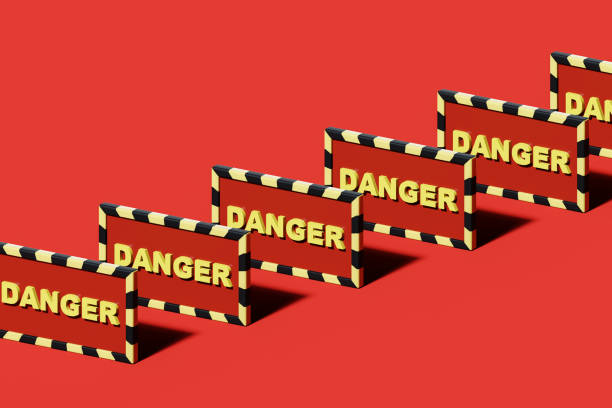
The meteoric rise of Buy Now, Pay Later services has transformed the landscape of consumer finance, offering a seemingly frictionless path to instant ...
Read More
In an era of instant digital gratification, Buy Now, Pay Later services have woven themselves into the fabric of modern commerce. These point-of-sale ...
Read More
The rise of Buy Now, Pay Later services has revolutionized consumer spending, offering a seamless, interest-free alternative to traditional credit. Pr...
Read More
The rise of Buy Now, Pay Later services has transformed modern shopping, offering tantalizing flexibility at the point of sale. However, this convenie...
Read More
The financial landscape of consumerism is undergoing a quiet revolution, spearheaded by the meteoric rise of “Buy Now, Pay Later” (BNPL) services....
Read More
The explosive growth of Buy Now, Pay Later services has woven a new thread into the fabric of modern consumer finance. These point-of-sale installment...
Read MoreProviders may require a security deposit or deny service altogether if you have a history of non-payment with them or other utilities.
If your PTI is consistently above 30-40%, it is a strong indicator that your debt situation is severe. At this level, consulting a non-profit credit counseling agency for a Debt Management Plan (DMP) or exploring other options like debt settlement may be necessary.
Most programs are temporary, often lasting between 3 to 12 months. This provides a bridge through the period of financial difficulty, after which you are expected to resume regular payments or discuss a permanent solution.
Non-profit debt relief refers to services provided by organizations that are registered as 501(c)(3) non-profits, typically offering credit counseling, debt management plans (DMPs), and financial education to help individuals manage and overcome debt.
Commit to one small action. This could be ordering your credit report, writing down all your debts on a single piece of paper, or calling a non-profit credit counseling agency. One step forward can build momentum and diminish feelings of helplessness.